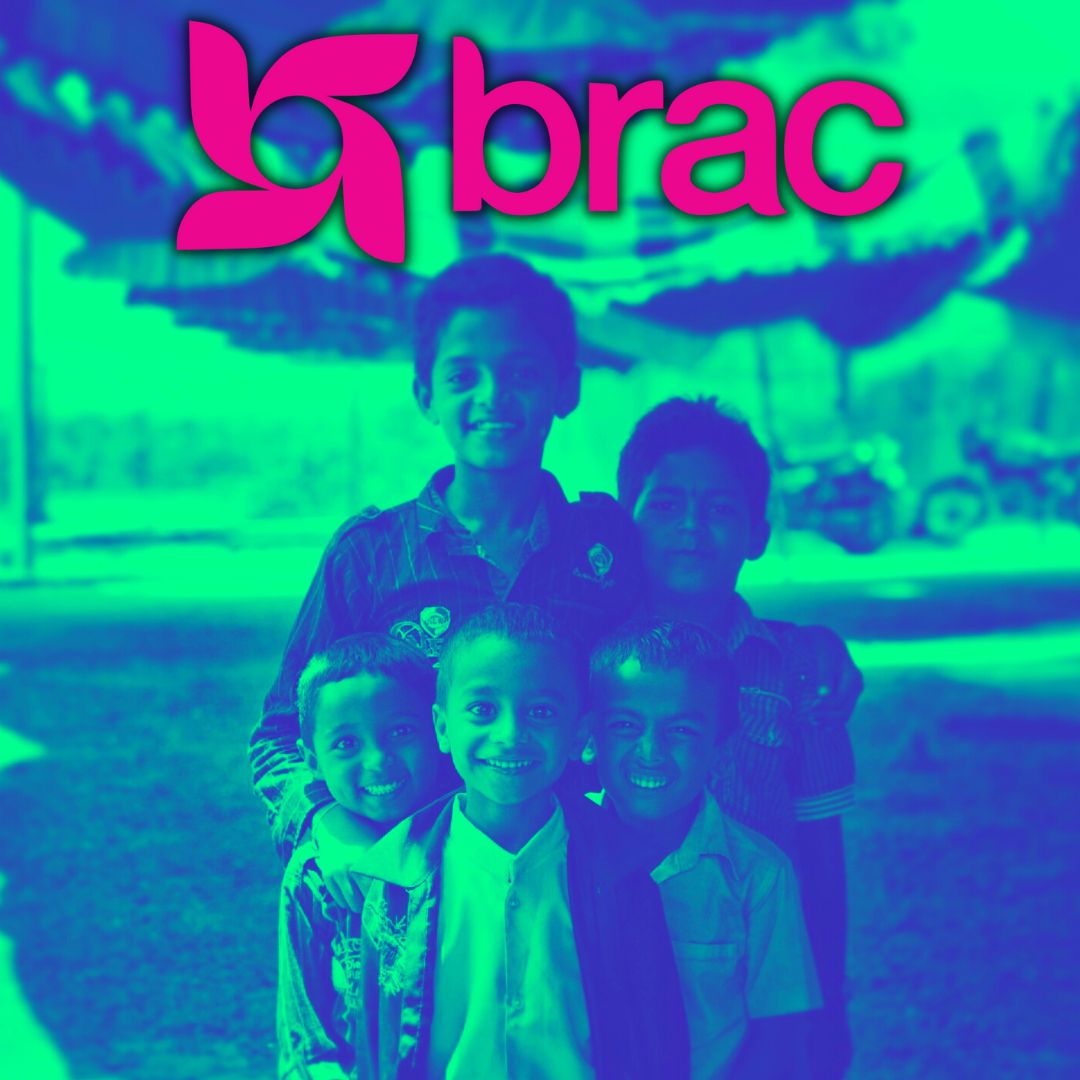
Image Credit: Unsplash (Representational)
Know About BRAC- World's Largest NGO That Impacted & Transformed Bangladesh Forever
Writer: Snehadri Sarkar
While he is a massive sports fanatic, his interest also lies in mainstream news and nitpicking trending and less talked about everyday issues.
Others/World, 4 April 2022 7:03 AM GMT
Editor : Ankita Singh |
A literature lover who likes delving deeper into a wide range of societal issues and expresses her opinions about the same. Keeps looking for best-read recommendations while enjoying her coffee and tea.
Creatives : Snehadri Sarkar
While he is a massive sports fanatic, his interest also lies in mainstream news and nitpicking trending and less talked about everyday issues.
BRAC is an international development organisation based in Bangladesh and is the largest non-governmental development organisation in the world, in terms of number of employees as of September 2016.
Founded by Sir Fazle Hasan Abed around 50 years ago on the back of a destructive cyclone and independence war that devastated the country in numerous ways, Bangladesh Rural Advancement Committee (BRAC), earlier known as Bangladesh Rehabilitation Assistance Committee, has dramatically helped address some of the most concerning issues worldwide.
From enrol hundereds of thousands in primary school to under-five mortality and also improving gender equality on the global scale, BRAC has been helping address these key issues for a long time now. The organisation has also played a key role in assisting Bangladesh to achieve numerous millennium development goals, a series of poverty indicators that were established back in 2000 by the United Nations (UN).
BRAC's Journey To Becoming World's Number 1 NGO!
BRAC has been crowned as the number one non-governmental organisation (NGO) in the world five times in a row, since 2016, by the NGO Advisor- an independent Geneva-based media organisation. After starting its initial journey in 1972, BRAC has been a leading development organisation based in Bangladesh, partially retaining its top spot due to its governance structure, robust leadership and persistent dedication to systemic change.
After almost five decades of experience in Bangladesh and beyond, the non-profit NGO has recently announced a brand new 2030 strategy that focuses on scaling its global reach, targeting individuals with multiple interventions, and inventing cooperation and knowledge-sharing administration across the development sector. Back in 2019, it also formed a new Global Board to spearhead and implement this strategy as well.
How BRAC Helped In Making A Change?
During the 1980s, working alongside the government, Brac assisted in building the healthcare backbone of Bangladesh and quickly became a common household name through the nationwide promotion of oral saline. The organisation also took on the initiative of immunising half the country's population while the government completed the other half. The two interventions played a big role in bringing down the child mortality rate, which dramatically impacted controlling population growth – Bangladesh's biggest headache in the first two decades of its existence.
In the next decade, BRAC also managed to take up the rate of literacy head-on. In just three years, their single room design, 30-student schools with a curriculum designed to equip poor children, especially girls, with basic writing and numeracy skills (later expanded to four).
During 1985, there were just 22 BRAC schools in Bangladesh; however, the number went up to a wapping 64,000 by 2009.
Numerous of the impressive accomplishments that Bangladesh exhibits today on the international stages – 100 per cent enrollment of girl children in schools, the reduction in child and maternal mortality, the decline in poverty rate – somewhat would be effectively unachievable without the presence of BRAC.
Back in 2015, the NGO put forward the BARC skills development programme, under which the Career Hub. Even though the Hub was launched in Sylhet and Rangpur almost a year back, its initial launch had to be held back until last month due to the ongoing COVID pandemic.
Later in 2018, the organisation decided to launch an impact fund with the help of which they delivered early seed funding to startups that aligned with their causes and also had commercial potential. Bhumijo, Go Zayaan, Shajgoj and Maya – all of whom received funding from Brac - have all garnered a lot of attention recently.
"Brac and Bangladesh essentially complement each other. There would have been no Brac without the creation of Bangladesh, and at the same time, if Brac was not involved in addressing Bangladesh's problems then in all likelihood the country's growth and development would have been more unequal," BRAC's Executive Director, Asif Saleh was quoted as saying by The Business Standard.
He also added that the organisation's biggest contribution was probably being able to bring women out of their homes and into the workforce.
With BRAC now looking towards a future, Saleh says the organisation is taking part in numerous social enterprises to ensure that it has sufficient funding sources.
In June last year, the government of the UK withdrew its funding to BRAC after it had committed 200 million pounds over the period of five years. When the country graduates out of LDC in a few years, donor funding is likely to shrink even further.
Also Read: Towards A Better Tomorrow! India's First Integrated Smart City Launched In Tamil Nadu
 All section
All section














